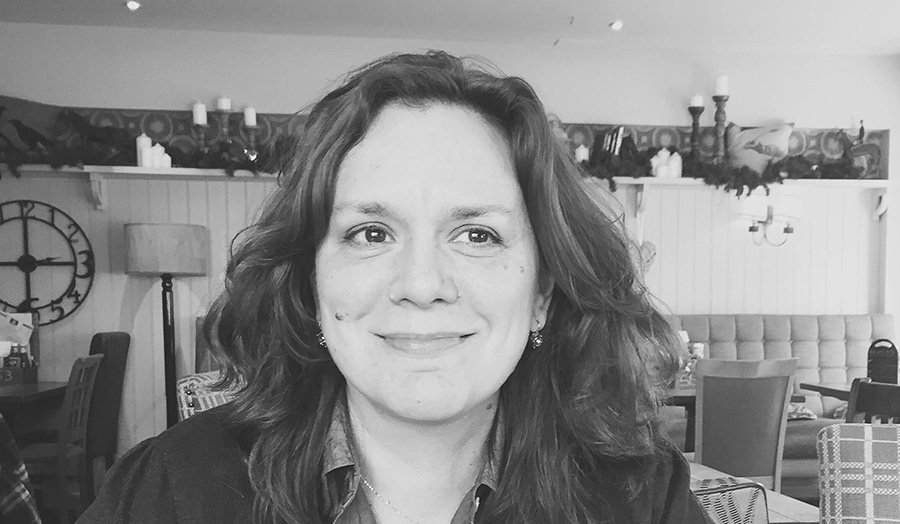Funded by the Wellcome Trust, Senior Lecturer Yolando Eraso's research on the intersections of social and historical aspects of female cancer originally focused on a transnational perspective, examining the medical exchanges between South America, Europe and the US that lay the foundations for key developments in cancer organisation, diagnosis and treatment.
This study also provided insight into the configuration of cancer services and different styles of work in these locations, as well as an understanding of key issues such as the difficulties in implementing change in the area of cervical cancer prevention in South America, or the controversies surrounding mammography screening in the US.
For her current project on female cancer, Yolando wanted to dwell more on those aspects that emerged as determining factors in relation to breast cancer hormonal treatment. This is a qualitative study that focuses on Argentina, where she is particularly interested in the intersections of gender notions, biomedical knowledge and health system providers.
One key question is to understand if these intersections result in health inequalities for women undergoing this type of treatment, something that will help explain public health outcomes for this disease.
Endocrine treatments (which can block the effect or lower the circulation of hormones) are mainstream at the moment as about 70 percent of breast cancer women have tumours with oestrogen receptors, which can be treated with hormonal therapies.
Gender notions have long spread through biomedical research and treatments, from studies on sex hormones and the medicalisation of menopause to the long obstinacy in the oestrogen hypothesis and its association with breast cancer growth despite research evidence on other mechanisms including the role of "male sex hormones".
These notions also affect doctors’ decision making in regards to therapeutic options.
We know that the health system providers have an impact on access to services for different socio-economic groups, but we don’t know how this determinant interacts in mutually-constructed processes with other variables that shape health inequalities in women receiving hormonal treatments.
Dr Yolanda Eraso is a member of London Met's Centre for Primary Health and Social Care and course leader for the Public Health and Health Promotion BSc.

